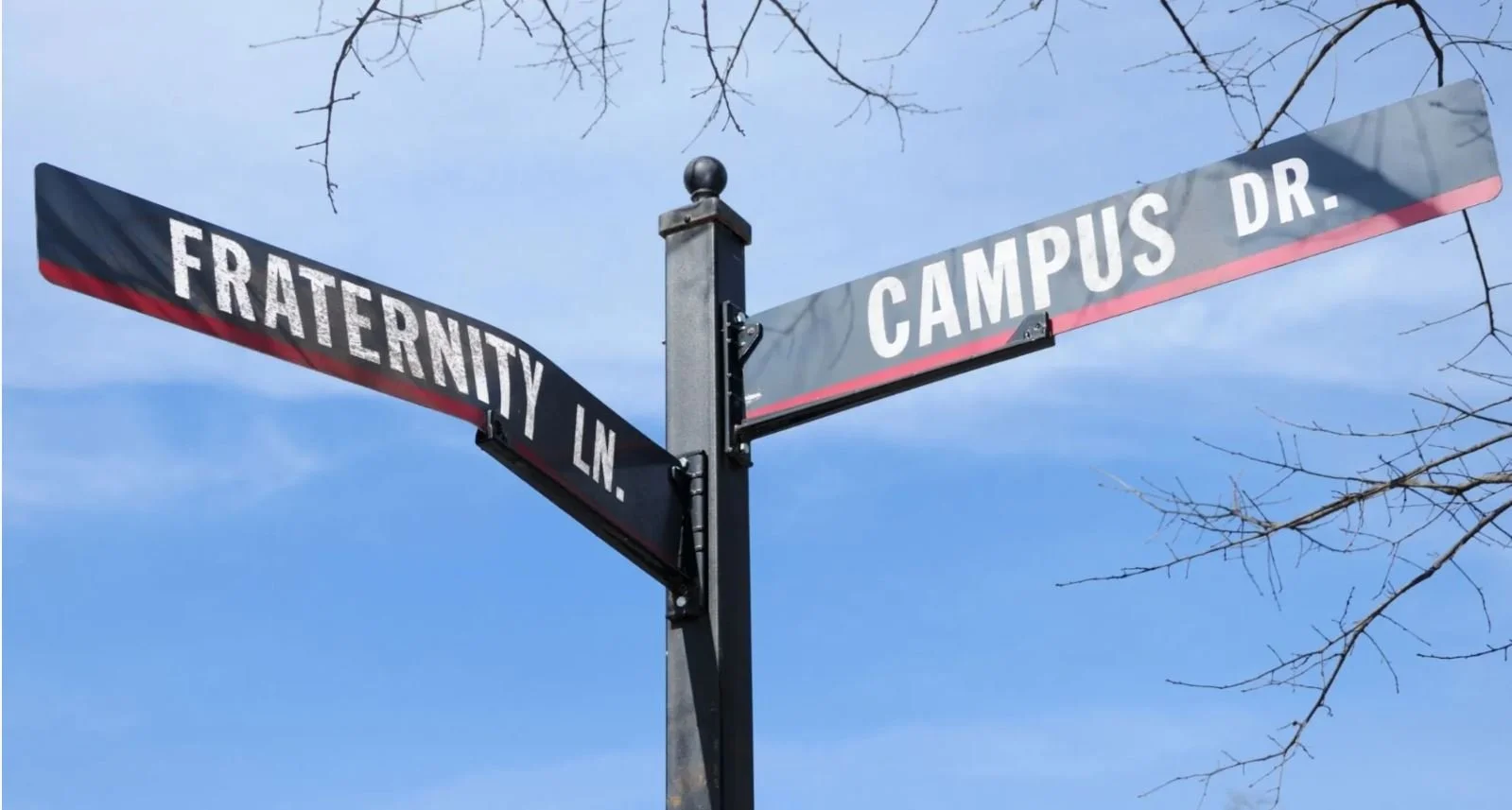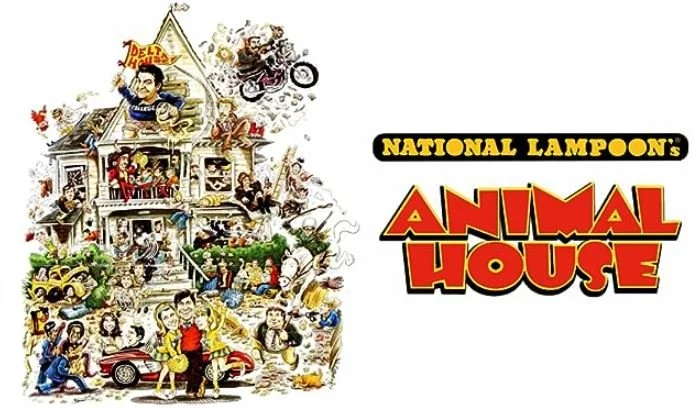The Pros and Cons of Greek Life: A Deeper Dive into Hazing Statistics
Greek Life, primarily comprising fraternities and sororities, has long been an integral part of the college experience in the United States. As with many aspects of college culture, Greek Life comes with both its advocates and detractors. While some students find lifelong friendships, leadership opportunities, and philanthropic passion within these organizations, others raise concerns about negative aspects like hazing. Let's break down the pros and cons of Greek Life and shed some light on the statistics surrounding hazing in both high school and college.
Pros of Greek Life:
Community and Lifelong Friendships: Many Greek Life members speak of the close-knit communities and lasting bonds they develop. These relationships can often extend beyond college, offering networking opportunities and creating lifelong friendships.
Leadership Development: Many fraternities and sororities offer leadership positions, allowing members to hone organizational, management, and leadership skills.
Philanthropy and Service: Many Greek organizations have a strong focus on charity work, organizing events to raise money for various causes.
Alumni Connections: The network of fraternity and sorority alumni can be vast, offering professional connections and opportunities for young graduates.
Academic Support: Some Greek organizations prioritize academics and provide tutoring or mentorship for their members.
Cons of Greek Life:
Animal House is a 1978 American comedy film about a trouble-making fraternity whose members challenge the authority of the dean of the fictional Faber College. The movie normalizes hazing and negative stereotypes in a comedy setting.
Cost: Membership often comes with dues, which can be prohibitive for some students.
Time Commitment: Balancing Greek Life with academics and other commitments can be challenging.
Exclusivity: The rush and pledging process can sometimes lead to feelings of exclusion or reinforce certain social hierarchies.
Negative Stereotypes: Greek Life sometimes carries stereotypes of partying, academic negligence, or elitism.
Hazing: One of the darker aspects of Greek Life is the existence of hazing rituals, which can be physically, emotionally, or mentally harmful to pledges.
Hazing Statistics in High School and College:
Hazing isn't exclusive to college Greek Life. Disturbingly, it can start as early as high school. Here's a glance at some statistics:
High School: As of my last update in 2021, about half of high school students involved in clubs, teams, or organizations have experienced hazing in some form.
College: 73% of students involved in social fraternities or sororities reported experiencing hazing. Hazing isn't limited to Greek Life, however; students in athletics, club sports, and other organizations also reported experiencing it.
Physical Harm: Almost one in five students subjected to hazing reported behaviors that could be considered potentially illegal, including destruction of property, substance abuse, or physical violence.
Silence: About 95% of college students who experienced hazing did not report it to campus officials.
Greek Life offers various benefits that can enhance one's college experience, from fostering community to building professional networks. However, potential members should be informed and aware of its downsides, particularly the risks associated with hazing.
Institutions and Greek organizations should also continually address the issue of hazing, promoting safety, transparency, and inclusivity. While the statistics on hazing are concerning, with increased awareness and proactive measures, we can hopefully see a decline in such negative behaviors and foster a healthier, more inclusive environment for all students.


